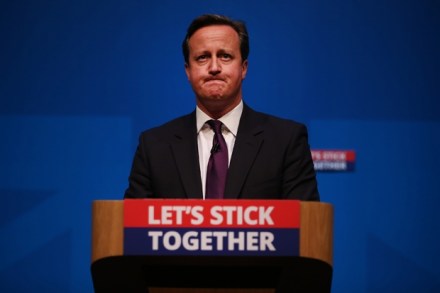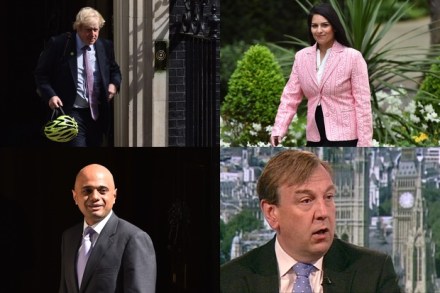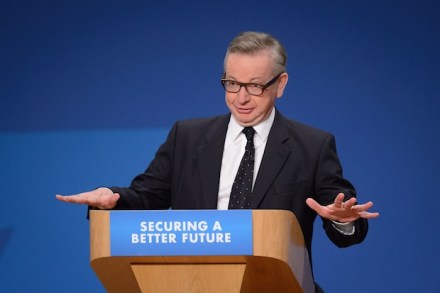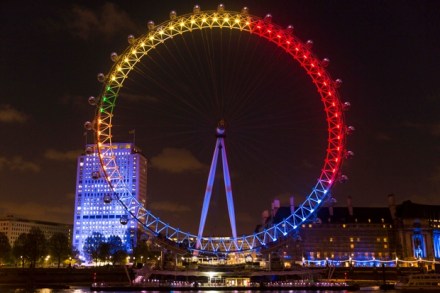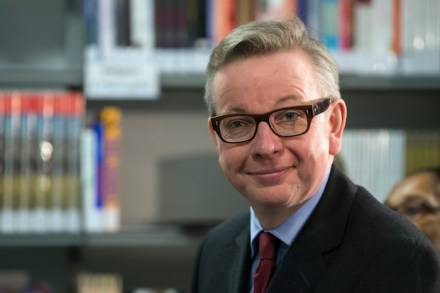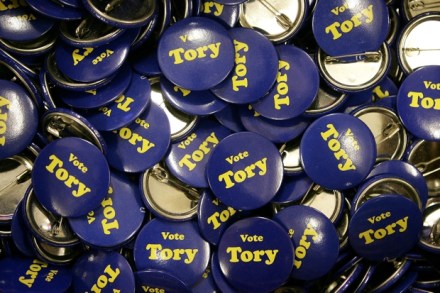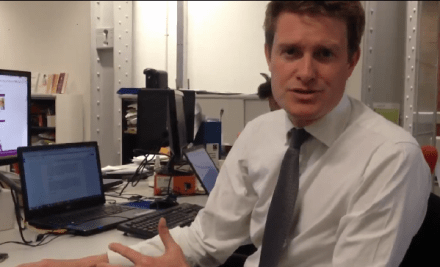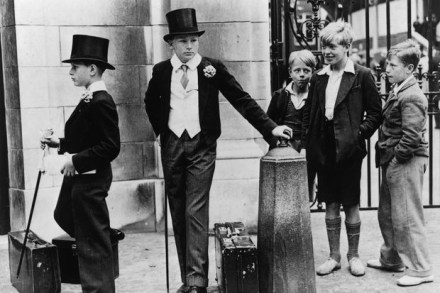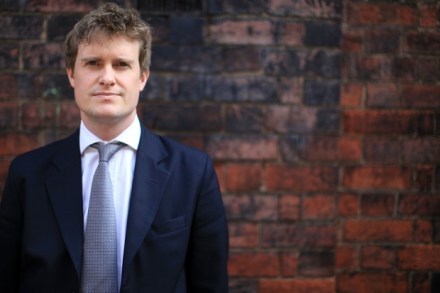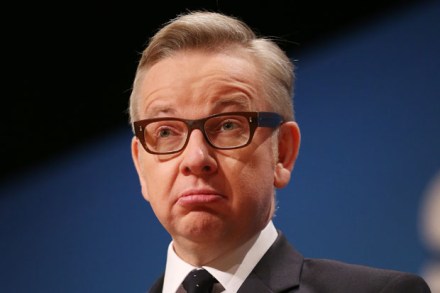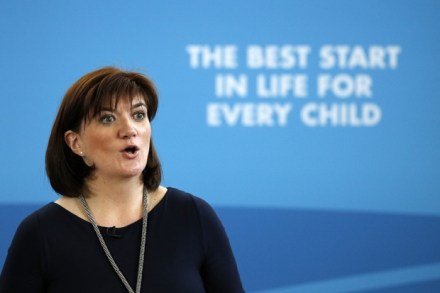What Michael Gove told his civil servants
Michael Gove has been keeping a relatively low profile since being made Justice Secretary and Lord Chancellor last weekend. I understand that he is keen to master the brief, and particularly the complexities around the creation of a British Bill of Rights, before he starts hitting the TV studios. But an address he gave to staff at the Ministry of Justice on Wednesday gives some clues as to the direction he is heading in. Interestingly Gove didn’t simply declare that the Tories would be scrapping the Human Rights Act. Instead, he said, ‘We’ll be seeking to ensure that human rights are enhanced and preserved by modernising and reforming the framework of



